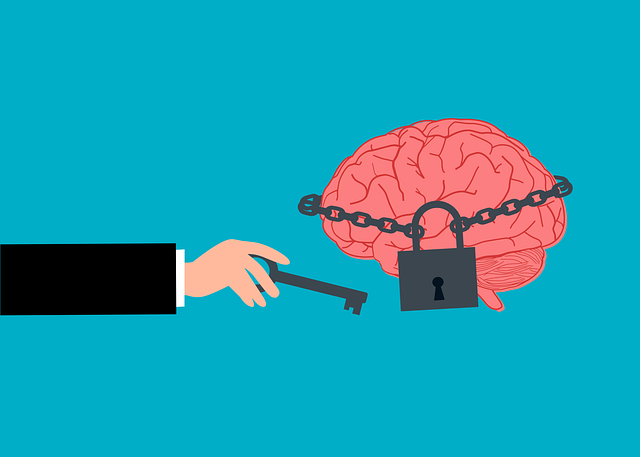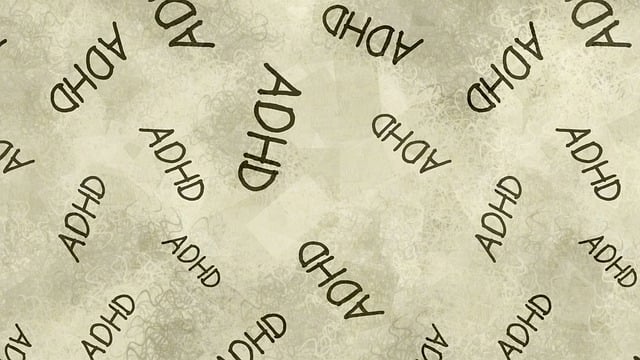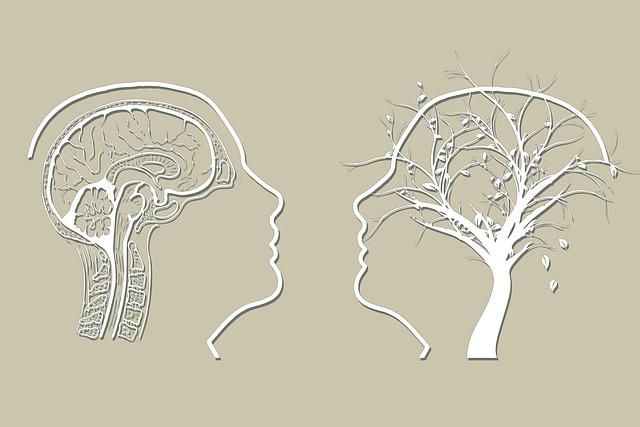Mindfulness meditation emerges as a powerful therapy for children experiencing postpartum depression, offering a gentle yet effective approach to healing through accepting thoughts and emotions without judgment. Playful, interactive techniques engage young children's natural curiosity, fostering emotional regulation and promoting calm. This practice aids in developing empathy, improving stress management, focus, and emotional resilience, crucial aspects in overcoming mental health challenges for affected children. Implementing mindfulness practices postpartum promotes relaxation, stress reduction, and emotional well-being for new mothers, potentially mitigating risks of postpartum depression and fostering healthy emotional development in infants as they grow.
Mindfulness meditation emerges as a powerful tool for mothers navigating the challenges of postpartum depression, offering a promising therapy for children affected by their parents’ mental health struggles. This article delves into the transformative potential of mindfulness practices in postnatal care. We explore the benefits of integrating mindfulness into maternal routines and provide a comprehensive step-by-step guide to help new mothers establish a mindful meditation practice. By adopting these strategies, parents can foster resilience and well-being for themselves and their children.
- Understanding Mindfulness Meditation for Postpartum Depression in Children
- The Benefits of Implementing Mindfulness Practices Postpartum
- Step-by-Step Guide to Starting a Mindfulness Meditation Routine for Mothers
Understanding Mindfulness Meditation for Postpartum Depression in Children

Mindfulness meditation has emerged as a powerful therapy for children experiencing postpartum depression, offering a gentle and effective approach to healing. This practice focuses on training the mind to be fully present in the current moment, accepting thoughts and emotions without judgment. For infants and young children, mindfulness can be introduced through playful and interactive techniques that engage their natural curiosity. By encouraging them to pay attention to sensory experiences, breathing patterns, and emotional cues, these practices foster emotional regulation and promote a sense of calm.
Mindfulness meditation serves as an excellent tool for promoting emotional well-being in children affected by postpartum depression. The consistent practice helps them develop empathy building strategies, allowing them to understand and connect with their own feelings as well as those of others. Through these techniques, children can learn to manage stress, improve focus, and enhance overall emotional resilience, which are all crucial aspects of overcoming mental health challenges.
The Benefits of Implementing Mindfulness Practices Postpartum

Implementing mindfulness practices postpartum can offer profound benefits for new mothers, serving as a powerful tool in navigating the unique challenges that come with this transformative life stage. Beyond promoting relaxation and stress reduction, mindfulness meditation provides an avenue for emotional well-being promotion techniques, enabling mothers to connect with their inner selves and cultivate a sense of calm amidst the whirlwind of postpartum life.
This practice has been shown to enhance self-care practices, encouraging much-needed moments of solitude and introspection. By integrating mindfulness into daily routines, new mothers can experience improvements in self-esteem, fostering a positive perception of themselves as they navigate motherhood. Moreover, it offers a therapeutic approach for children born during this period, setting the stage for healthy emotional development as these infants grow, potentially mitigating risks associated with postpartum depression.
Step-by-Step Guide to Starting a Mindfulness Meditation Routine for Mothers

Starting a mindfulness meditation routine can be a powerful tool for mothers looking to manage stress and improve their mental health, especially post-childbirth. Here’s a step-by-step guide to help you begin:
1. Find a Quiet Space: Create a peaceful environment where you won’t be disturbed. Even just five minutes of uninterrupted time can make a difference. Consider setting up a dedicated meditation corner in your home for maximum comfort and consistency.
2. Set Realistic Goals: Begin with short, daily sessions—as little as 5-10 minutes—and gradually increase the duration as you become more comfortable. Consistency is key; aim to meditate at the same time each day to establish a routine that supports your mental health, particularly when managing postpartum depression.
3. Focus on Your Breath: Close your eyes and bring your attention to your breath. Notice the rise and fall of your chest or the sensation of air flowing through your nostrils. This simple act anchors you in the present moment, fostering mindfulness and calming your mind.
4. Accept Without Judgment: It’s normal for thoughts to wander during meditation. When they do, gently guide your focus back to your breath without self-criticism. Treat these thoughts as passing clouds, letting them come and go without judgment. This practice strengthens your ability to let go of intrusive thoughts, enhancing mental clarity.
5. Integrate into Daily Life: Incorporate mindfulness into everyday activities like mealtimes or walks. Pay close attention to the sensory experiences around you—the sights, sounds, smells, and textures—allowing yourself to fully immerse in each moment. This approach helps cultivate a more mindful lifestyle that extends beyond formal meditation sessions.
6. Seek Support: If postpartum depression persists, consider combining mindfulness with professional therapy. A mental health policy analysis and advocacy might highlight accessible resources for support, while burnout prevention strategies for healthcare providers can offer valuable insights into self-care. Adopting mind over matter principles can empower you to take charge of your mental health journey.
Mindfulness meditation offers a gentle, yet powerful tool for mothers navigating postpartum depression. By integrating mindfulness practices into their daily routines, parents can not only improve their own mental well-being but also foster a sense of calm and presence that benefits their children. This article has provided a comprehensive guide to understanding mindfulness’s role in treating postpartum depression, highlighting its advantages, and offering a step-by-step approach to starting a meditation practice. With consistent practice, mindfulness can become a transformative therapy for both parents and children, creating a more balanced and nurturing family environment.










